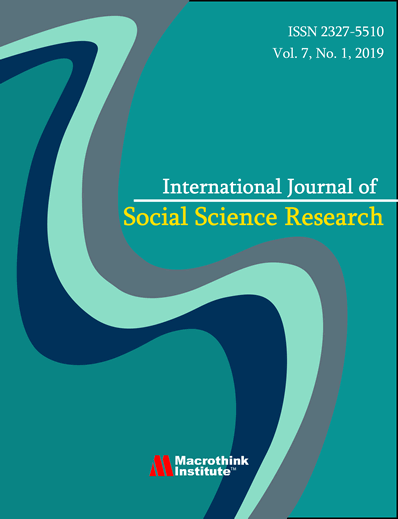The Genesis of Corruption—the Dominant Features of Contemporary Societies of the Colonial Past Inheritance
DOI:
https://doi.org/10.5296/ijssr.v9i2.18931Abstract
One of the most significant characteristics of the contemporary society is the continuous and an intense social change. This continuous social change initiates a special subject of research into social practice, which envisages in social innovations, influencing to change the life style of citizens of a society. Social innovations are encouraged through the interaction of the institutional networks and individuals and changes can be visible in practice, processes, business models, and organizational forms, all in order to respond to a social problem. In addition to historical and political conditions, social innovations are also determined through cultural patterns, in a manner that not every social innovation will aim to develop potential and seek to answers to social problems. In contemporary societies of the 21st century with a colonial past (inheritance), the inherited cultural and historical patterns are just the crucial components which creating social problems, by developing organizational models of corruption, as a parallel form of functioning of the rule of law. The institutional practice within the Serbian institutions through a direct research in the form of this paper, considering period from 2009 to 2021, serves to analyze the genesis of the emergence and development of corruption, i.e., an illegal use of the system of positions (status) for the purpose of gaining one's own benefit and collapsing the rule of law. Simultaneously, the paper provides with a hypothetical answer to explain how corruption, as the primary form of a social innovation in the countries of “colonial democracy inheritance”, can potentially suppress.

